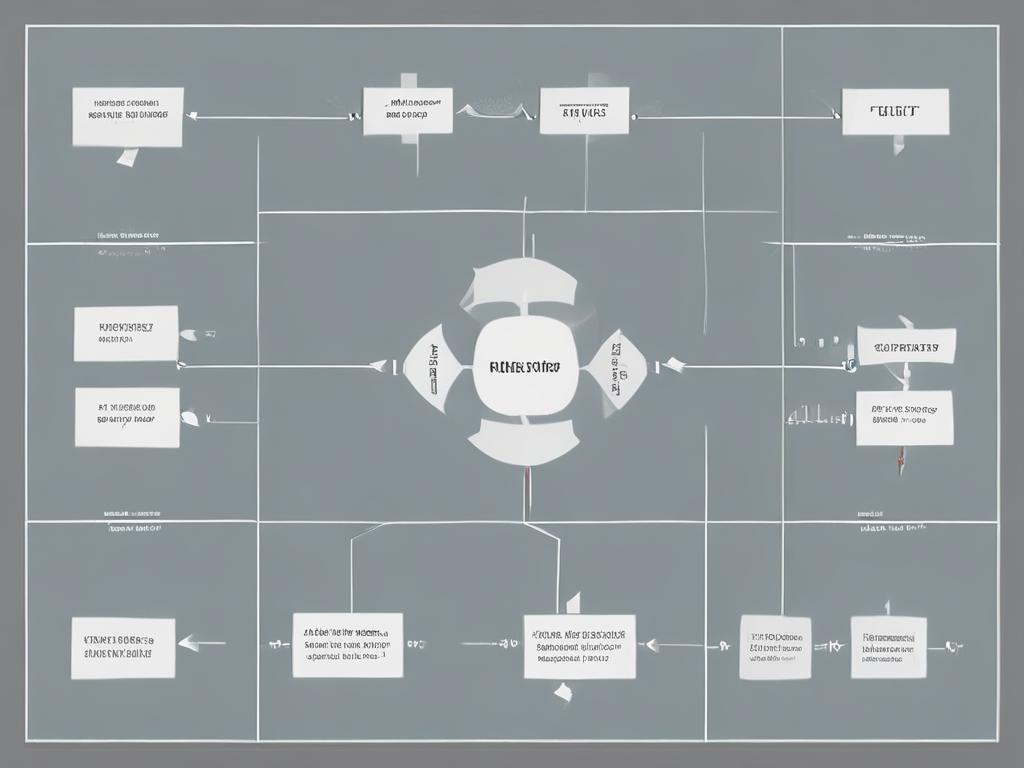Chapter 8: Trial Flow Example
Mapping the Journey from Exploration to Action
Chapter 8 of the Startup Factory Program (SFP) brings everything together by showcasing a Trial Flow Example—a step-by-step guide to what participants can expect during the trial period. This structured flow ensures that aspiring founders are not only equipped with the tools they need but also guided through a seamless and transformative experience that sets the foundation for their entrepreneurial journey.
Let’s dive into a detailed walkthrough of the Trial Flow Example, highlighting the key touchpoints that make this process both impactful and action-oriented.
Day-by-Day Trial Flow Breakdown
Day 1: Kickoff and Orientation
- Welcome Email: Participants receive a warm welcome email introducing them to the program, outlining the trial’s goals, and explaining the resources available to them.
- Startup Mindset Coaching: The trial begins with a live or pre-recorded session focused on cultivating the mindset of an entrepreneur—resilience, adaptability, and innovation.
- Action Item: Complete a short exercise to identify personal entrepreneurial strengths and areas for growth.
Day 2-3: Readiness Self-Assessment
- Self-Assessment Tool: Participants gain access to a readiness evaluation, where they answer key questions about their business idea, market knowledge, and startup vision.
- Feedback: Automated or mentor-driven feedback provides insights into their readiness level, helping participants understand their starting point.
- Action Item: Reflect on feedback and refine their goals for the trial.
Day 4-5: Foundational Learning Materials
- Learning Modules: Participants explore core concepts of building a startup, such as ideation, problem-solving, and market research. These modules are bite-sized, interactive, and easy to grasp.
- Action Item: Complete a short quiz or activity based on the materials to reinforce understanding.
Day 6: Community Interaction
- Networking Session: Participants engage in a live or virtual session to connect with peers. They can share their ideas, exchange feedback, and begin building a supportive community.
- Action Item: Join a discussion thread or forum to continue the conversation and collaborate with fellow participants.
Day 7: Mentor Interaction (Limited)
- Q&A Session: Participants join a limited Q&A session with an experienced mentor to seek advice on challenges or questions they’ve encountered so far.
- Action Item: Draft 2-3 key takeaways from the session and apply them to their business idea.
Day 8-10: Resource Utilization
- Limited Access to Tools: Participants get a taste of the premium resources available in the full program, such as templates for business plans or pitch decks.
- Practical Task: Use these resources to develop a rough draft of their business idea or value proposition.
- Action Item: Submit their draft for optional peer review or mentor feedback.
Day 11: Reflection and Feedback
- Progress Report: Participants receive a personalized progress summary, showcasing what they’ve accomplished during the trial.
- Self-Reflection Activity: They are encouraged to reflect on their journey so far, identifying what they’ve learned and what excites them most about moving forward.
Day 12-14: Call-to-Action
- Program Preview: Participants are given a detailed overview of the full SFP program, including its benefits, advanced features, and exclusive resources.
- Exclusive Offer: A limited-time incentive is introduced to encourage early upgrades, such as a discount or bonus mentoring session.
- Final Reminder: On the last day, participants receive a final email or notification, encouraging them to take the next step and commit to their entrepreneurial journey.
Key Features of the Trial Flow
1. Structured Yet Flexible
The trial flow is designed to be engaging yet accommodating. Participants can work through the materials and activities at their own pace while still adhering to the overall timeline.
2. Real-World Application
Every task and activity during the trial is geared toward helping participants apply their learning to their own startup ideas, making the experience practical and results-driven.
3. Community and Mentorship
By integrating peer collaboration and mentor interaction, the trial creates a supportive environment where participants feel encouraged and guided.
What Makes the Trial Flow Effective?
- Progressive Learning
Participants start with foundational concepts and gradually build on them, ensuring they’re never overwhelmed.
- Action-Oriented Approach
Each day includes a tangible action item that reinforces learning and keeps participants engaged.
- Motivation Through Milestones
Regular feedback and progress reports celebrate participants’ achievements, keeping them motivated to continue.
Closing the Loop: Transitioning to the Full Program
The Trial Flow is carefully designed to prepare participants for the next phase of their entrepreneurial journey. By the end of the trial, they will have:
- Gained clarity on their startup vision.
- Developed a foundation of knowledge and skills.
- Connected with like-minded peers and mentors.
The trial flow not only builds excitement but also instills confidence in participants, showing them that the full SFP program is the natural next step to achieving their goals.
Your Startup Journey Awaits
The trial is more than just a sneak peek—it’s the spark that ignites your entrepreneurial dream. With every milestone achieved during the trial, you’re one step closer to making your vision a reality.
Are you ready to take the leap and turn your ideas into impact? The full Startup Factory Program is here to guide you, every step of the way.
Start your journey today. Your future is waiting.
